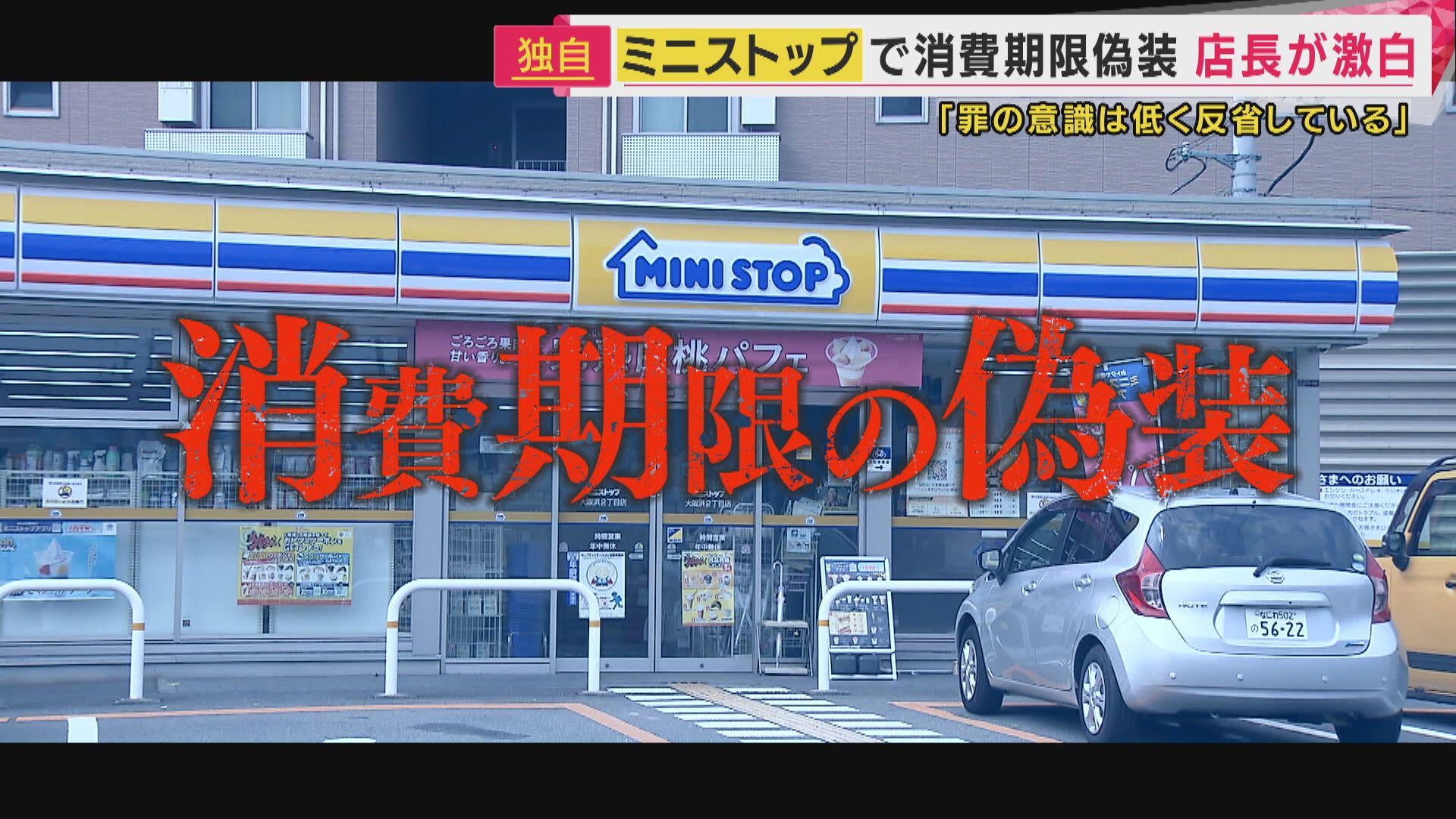
A growing scandal has engulfed Ministop, one of Japan’s major convenience store chains, after it was revealed that dozens of outlets had falsified expiration dates on freshly prepared food.
The company admitted last week that 23 stores across seven prefectures had sold rice balls and boxed lunches with altered labels. Sixteen of those stores were in western Japan. In response, Ministop has suspended sales of all in-store prepared meals at roughly 1,600 locations nationwide.
In an interview with Kansai TV, one store manager acknowledged he had personally instructed staff to delay expiration times by two to three hours, or to replace labels outright. He said he did not feel guilty at the time, believing the food was still safe and citing pressure to meet high sales targets and cut waste. By extending expiration times, he said, his shop reduced monthly losses by about ¥20,000 (roughly $130).
The manager denied receiving explicit orders from headquarters but pointed to company-set sales quotas for new products. Ministop insists the decisions were made independently by franchise operators, not directed by corporate leadership.
Experts note that Ministop built its brand on fresh, in-store cooking—an approach that differentiated it from larger rivals like Seven-Eleven. But short shelf lives and high disposal costs created financial strain for franchisees, making them more vulnerable to cutting corners.
Legal scholars warn that the case raises questions about food safety oversight in Japan’s convenience store industry, where franchise owners pay steep royalties but bear heavy risks. Some analysts suggest greater automation and made-to-order cooking could reduce food waste and labor costs, helping chains avoid similar scandals.
For now, Ministop faces shaken consumer trust and an uncertain timeline for restoring one of its defining features: fresh food prepared on site.
by MagazineKey4532
